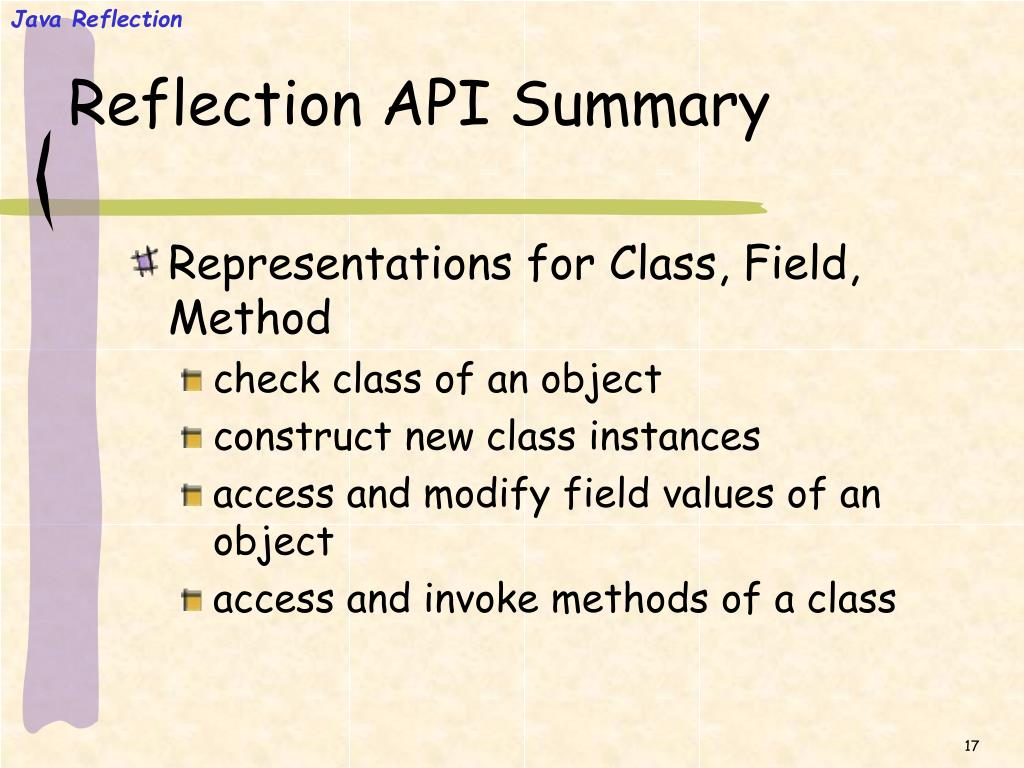

To access private properties and functions of a class in Kotlin here are two. It requires invasive addition of either new bytecodes or complexity to performance sensitive property access paths.Īn alternative option is to diverge from the specification language, and implement only the semantics, not the actual specification algorithms. Solved-Java/Android/Kotlin: Reflection on private Field and call public. We have used the getter and setter method to access the private variables.It adds memory usage to objects without private fields.However, implementing this directly has a number of clear downsides: In the following example, #x may only be accessed by instances of class A: class A pairs. The private fields proposal adds a strict notion of ‘private state’ to the language. But a default, protected, or public variable is. We will ship private fields and private methods in Firefox 90. When all classes are in the same package: A private variable is not visible from an object of its own class. Private fields are a language feature being added to the JavaScript language through the TC39 proposal process, as part of the class fields proposal, which is at Stage 4 in the TC39 process. To understand more, I’ll explain what private fields are, a couple of models for thinking about them, and explain why our implementation diverges from the specification language. Private fields is an example of where the specification language and implementation reality diverge, at least in SpiderMonkey– the JavaScript engine which powers Firefox. Other times, pressures in the implementation make it more challenging, requiring or pressuring the implementation strategy diverge to diverge from the language specification. Sometimes this is fairly simple, where the specification and implementation can share much of the same terminology and algorithms. When implementing a language feature for JavaScript, an implementer must make decisions about how the language in the specification maps to the implementation.
#Java reflection access private field code
But protecting your code from such usage is more related OS and code-level access restrictions, and has nothing to do with Reflection per se.This post is cross-posted from Matthew Gaudet’s blog Note that this, obviously, creates security issues where a third-party can access your data something which leads to encrypted variants of a string and similar data structures. The consequence is exactly the same: if the variables of your class are changed through Reflection from another class, or through memory tampering by another application, and it breaks something in your class, it's not your fault. In this example, the getField( ) method returns. This means that technically, one can still access and change private variables, either through Reflection or by tampering directly the memory (like game trainers do). All the data access methods of Field take a reference to the particular object instance that we want to access. In C#, access modifiers exist, but they are yet only a convention-one which is enforced by a compiler, but still a convention. Does it technically prevent you from accessing such field from a third-party class? Not at all but if you do, you're on your own and you take the risk of breaking something, without being able to blame the other class. The convention is to prefix by an underscore the methods and variables which are not expected to be accessed from outside of the class. In Python, there are no access modifiers.


 0 kommentar(er)
0 kommentar(er)
